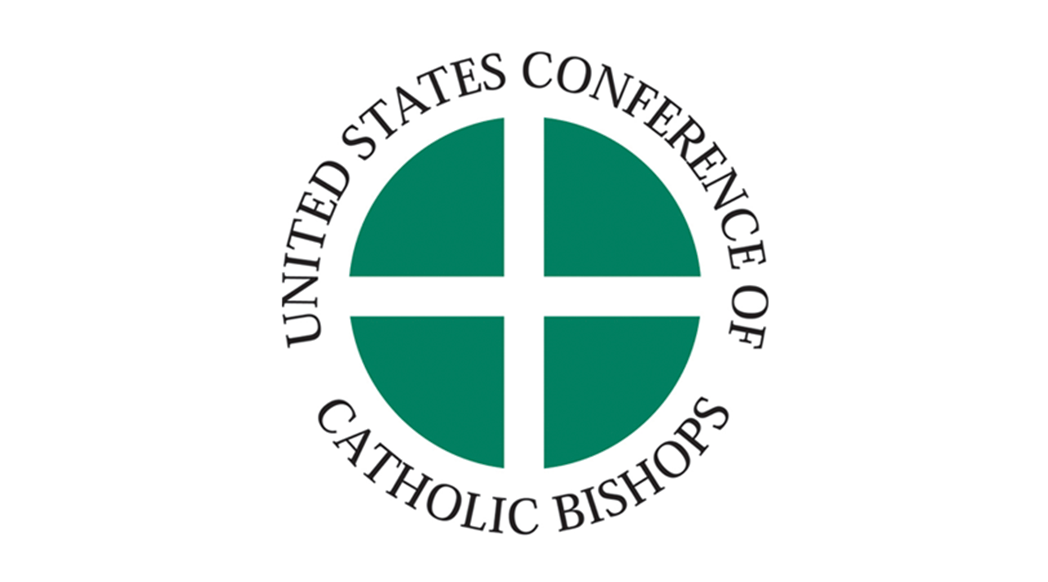Happiness, as in a feeling of being satisfied and untroubled in the temporal realm, is not the be-all and end-all of everything. It may not be God’s Will for you to be happy in this life, or probably better put, as “happy” as you would be, if you could have that thing that you really, really want. Our Lady of Lourdes told St Bernadette “I do not promise you happiness in this world but in the next”. The faithful Christian will seek and find great joy in knowing that God’s Will is being done regardless of one’s own wishes, but not everybody is at that point in their spiritual life. I myself have failed to do this at times in my own life. One other book my catechist had me read in my baptismal preparation was Power in Praise by Merlin Carothers. (Incidentally, it is not specifically a Catholic book.) In a nutshell, Carothers points out how we must praise God for all things, even those things that are against our wishes. I heartily recommend it.cecilia56:
We all have our own beliefs about what is right and wrong, but how can we know what is going to make someone else happy or unhappy? I doubt that marrying someone of the opposite sex is going to make a gay man or a lesbian happy. And remaining single and celibate is unlikely to be a source of happiness either. But what do I know about what makes someone else happy. Maybe some people are happy being married to another person to whom they are not sexually attracted. And maybe some people are happy living alone and not being in an intimate relationship for their entire life.being at the wedding would mean I am celebrating and being witness to what I believe is wrong, destructive, and ultimately a path to unhappiness.
https://www.christianbook.com/power-in-praise-merlin-carothers/9780943026015/pd/222003


